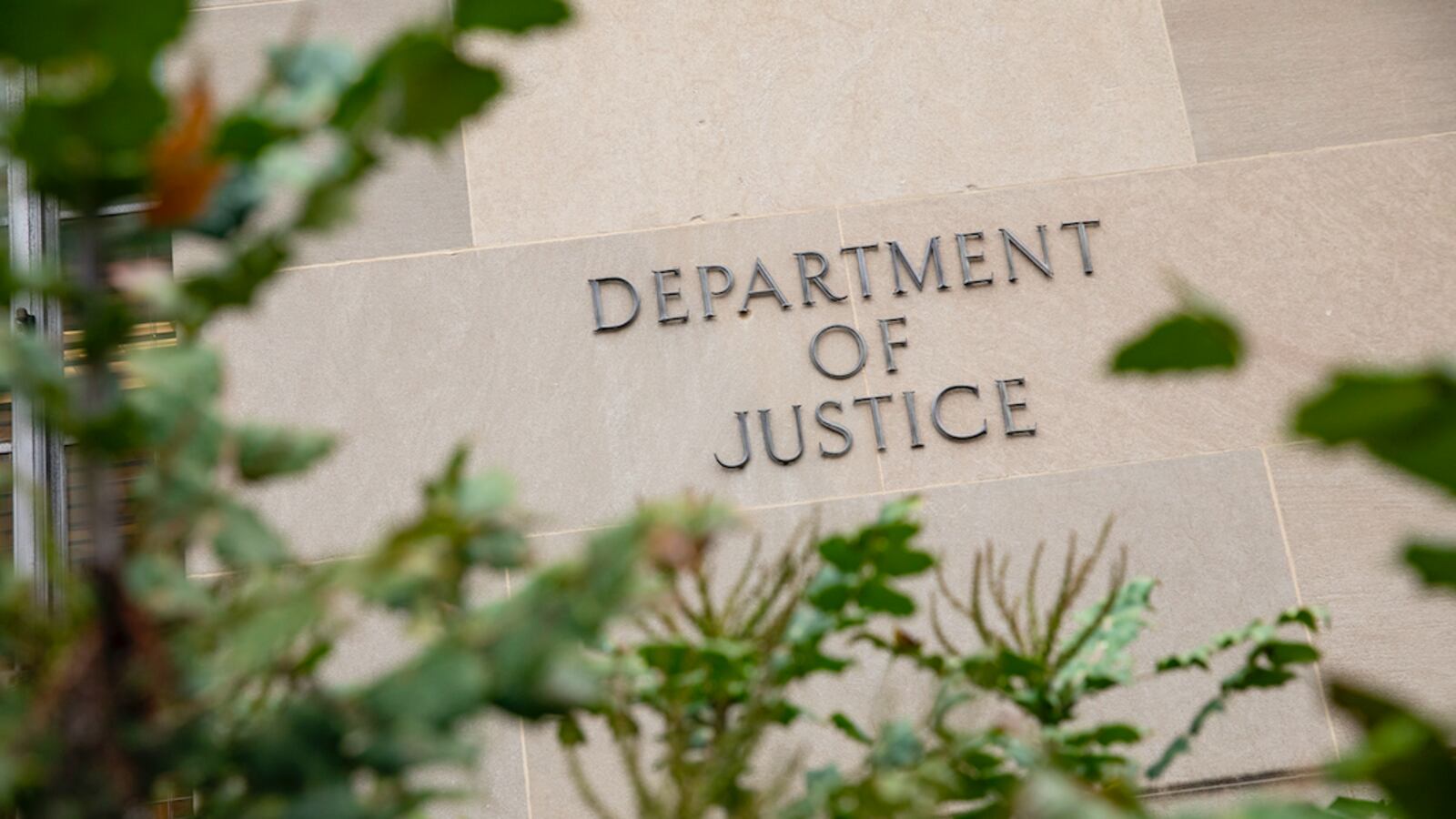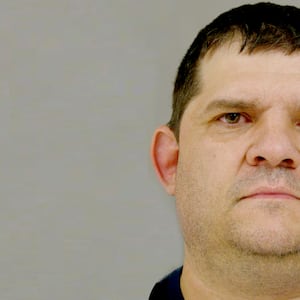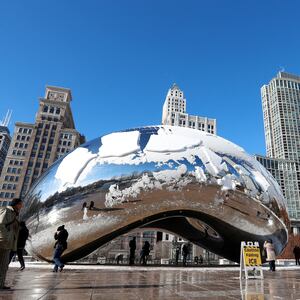The Justice Department weighed in on a federal campus free-speech lawsuit on Monday, proclaiming that neither Jones County Junior College in Ellisville, Mississippi, nor any other public educational institution, can “trample on” its students’ First Amendment rights.
Former student J. Michael Brown—along with the non-profit group Young Americans for Liberty—filed the lawsuit in September, claiming that the college had instituted a policy requiring campus administrators to pre-approve all “meetings or gatherings” at least three days before any event for any purpose anywhere on campus, The Clarion-Ledger reported at the time.
Brown’s lawsuit alleged that college officials twice called the campus police on him when he “sought to engage on campus with fellow students about topics such as free speech and civil liberties” and the legalization of marijuana, according to a press release from the Justice Department on Monday. Based on the school’s current policies, a student’s violation of its rules about meetings and gatherings could result in expulsion, according to the statement.
The government’s 14-page statement of interest filed in federal court on Monday points to Supreme Court case law and compares the college’s “extreme preconditions to speech” to the dystopia depicted in George Orwell’s famous novel 1984.
“As alleged, these draconian regulations are no mere paper tigers: JCJC enforces them to the extreme,” the government said in its legal filing. “Preconditions like these have no place in the United States of America.”
“Some people get in trouble for smoking weed, but at Jones College, I got in trouble just for trying to talk about it,” Brown told The Clarion-Ledger when he first filed his lawsuit. “That’s not what college is for. We’re supposed to debate openly about important issues, especially ones with huge national significance.”
Assistant Attorney General Eric Dreiband, who works in the civil rights division of the Justice Department, slammed the college’s policies on Monday in a statement, writing, “The United States of America is not a police state.”
“Repressive speech codes are the indecent hallmark of despotic, totalitarian regimes,” said Dreiband. “They have absolutely no place in our country, and the First Amendment outlaws all tyrannical policies, practices, and acts that abridge the freedom of speech.”
In a similarly critical statement, U.S. Secretary of Education Betsy DeVos called the case “yet another concerning example of students encountering limits on what, when, where, and how they learn.”
“This is happening far too often on our nation’s campuses,” she continued. “This administration won’t let students be silenced. We stand with their right to speak and with their right to learn truth through the free exchange of ideas—particularly those with which they might disagree.”
Mike Hurst, the United States Attorney for the Southern District of Mississippi, added that “unconstitutional restrictions on our first freedoms to speak and assemble directly threaten our liberty as Americans.”
“While some may disagree with the content of one’s speech, we should all be fighting for everyone’s constitutional right to speak,” said Hurst. “I pray JCJC will do the right thing, change its policies to comply with the U.S. Constitution, and encourage its students to speak and assemble throughout our free state.”
The college said in September that its policies exist “not to limit students' right to free speech or assembly” but to “ensure that all students have equal and safe access to an environment free from hate speech; racial, gender, national origin, religious affiliation; and disability discrimination.”
A spokesperson for Jones County Junior College on Wednesday said that the government’s statement of interest “broadly accepts” the suit’s “unproven” allegations and that the school looks forward to the court ruling on its motion to dismiss the complaint.
“Our mission is to teach the ideals of a democratic society,” said a press release from the school. “We focus every effort to ensure our students have access to their future through advanced affordable education that stands not only on free inquiry but promotes learning, advances knowledge, and promotes economic growth for the American family.”








